Trekking in Ethiopia, nr Lalibela
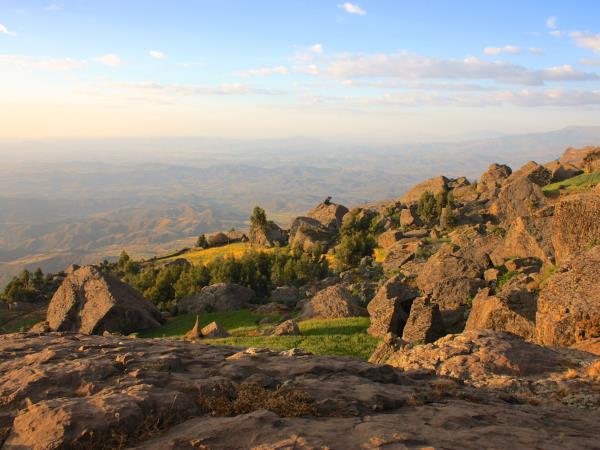
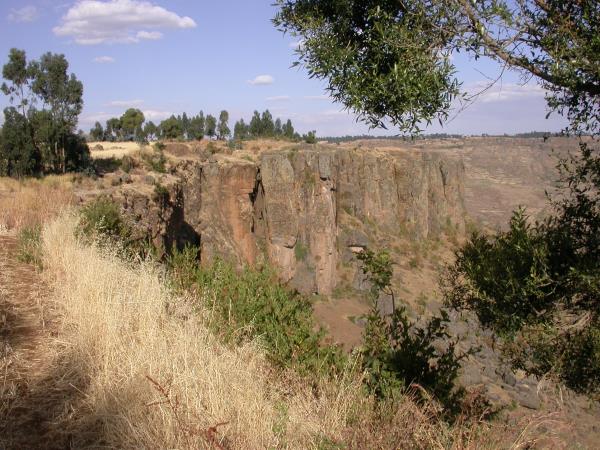
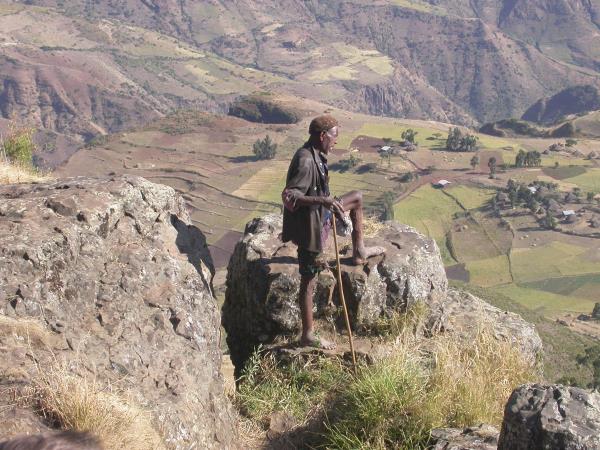
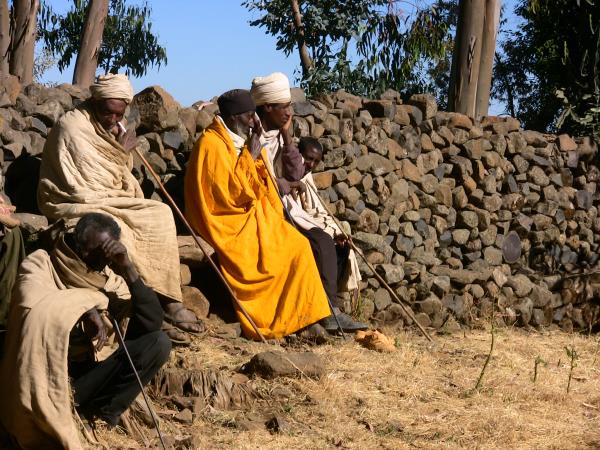
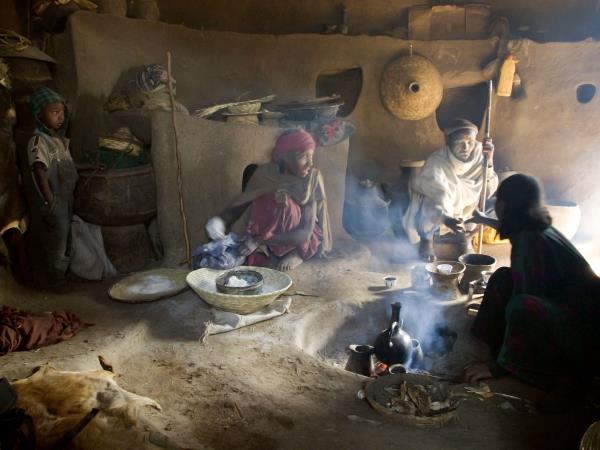
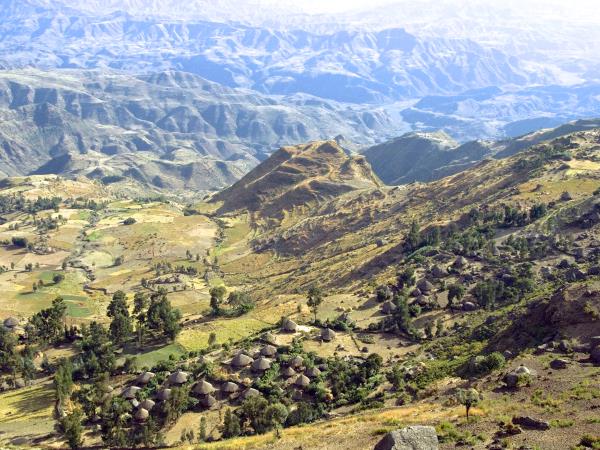
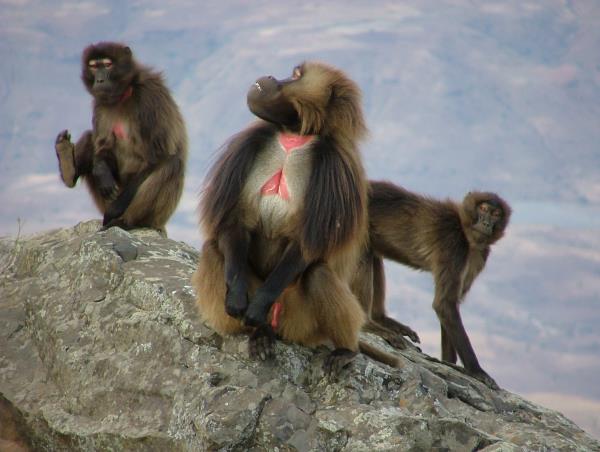
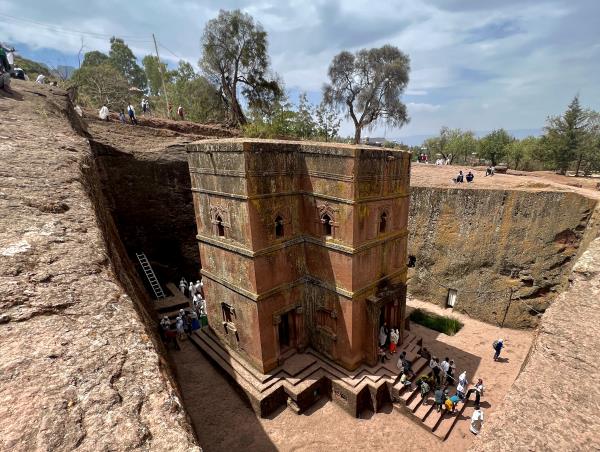
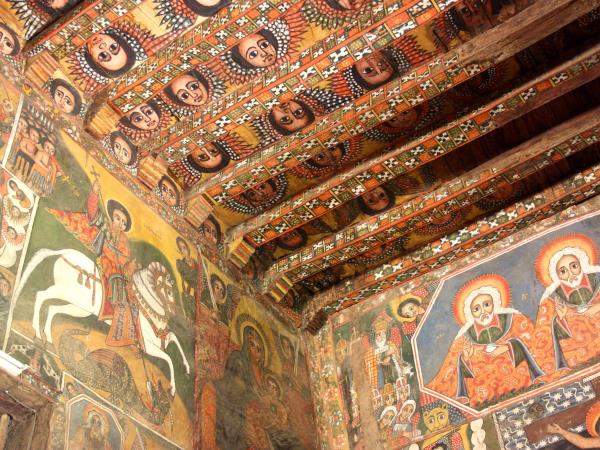
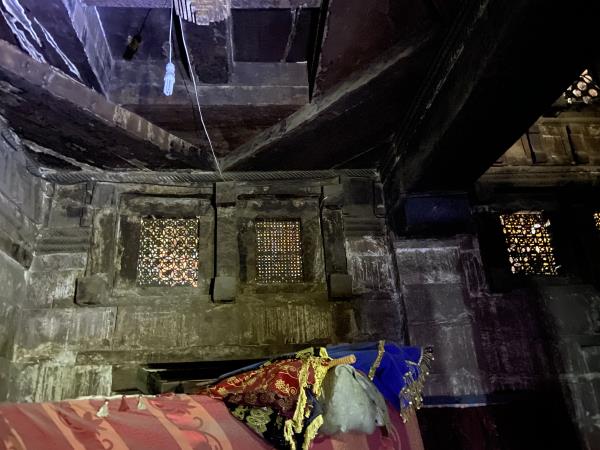
Price
US $1175ToUS $1400 including domestic flights only
Description of Trekking in Ethiopia, nr Lalibela
Map
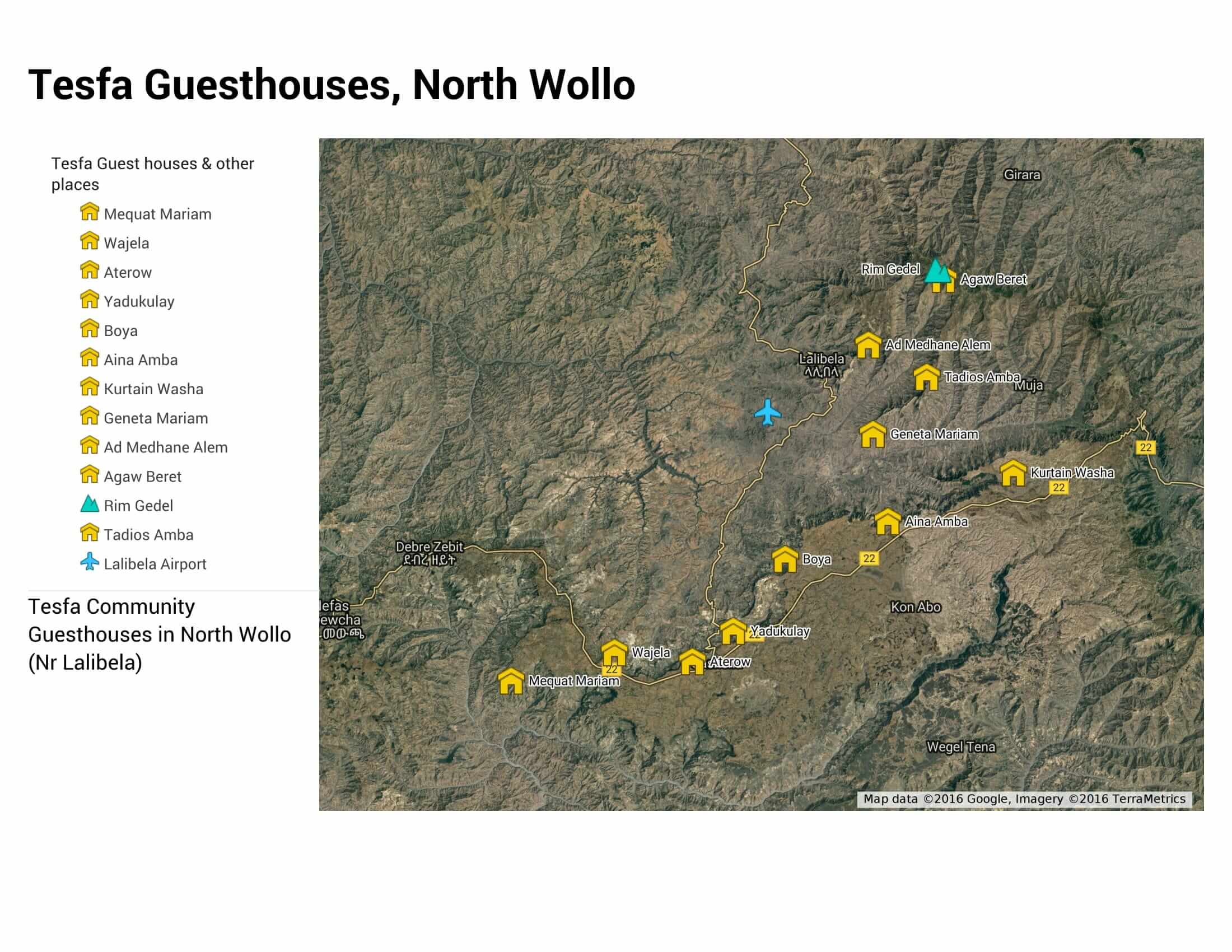
Price information
Departure information
This itinerary can be arranged throughout the season from 1 Oct - end June
Travel guides
Most people head to Ethiopia for its ancient treasures: the medieval city of Gondor, for example or the rock hewn churches of Lalibela. But traveling...
Many destinations are described as being "a step back in time" for travelers – but in Ethiopia you can take this literally. The Ethiopian calendar is...
Responsible Travel
As the pioneers of responsible tourism, we've screened this (and every) vacation so that you can travel knowing it will help support the places and people that you visit, and the planet. Read how below.
Planet
The sites are part of wholly community owned enterprises, run for and by the local community in which they are situated. Environmental considerations are an integral part of the enterprises.Ecotourism is a fundamental part of the project, and we limit the amount of tourists per site to 6-8 to minimise the pressure we put on the land, communities and resources available. Eco-toilets (dry composting urine separating toilet) are used, and with the water supplied we remind guests to view this as the limited resource in this area that it is. The showers are sun-heated, and water is diverted to promote tree growth to ensure none is wasted (please note not all sites have shower facilities-we are working on this).
We plant indigenous trees to increase the vegetation in the area, and increase habitat for the local wildlife. In some areas where cliff erosion has proven to become a real issue we have built terraces, to help protect and minimise erosion on the faces. We also encourage the local community to see flora and fauna as a resource to protect, so that they will appreciate it by themselves.
We have been supporting this community tourism initiative and are helping the communities realise how important it is to conserve and improve their environment and are planting indigenous trees and the like.
People
These community tourism guest houses are owned and run by the communities themselves, with our support, the local guides and relevant government agencies.The tourism generates incomes for some community members and the profit goes in to a fund for the whole community. The communities have received training on management and running of a business as part of the setting up process. They also gain confidence from running the community tourism to work together for joint benefit.
The communities are your hosts. Fifty-five percent of your payment goes directly to them(48% to the hosting communities and 7% to the community that provides lunch), twenty five percent goes to the guides and their business (which supports the community run trekking sites) and twenty percent goes to cover marketing costs and coordinate the bookings. This fund will be held by the community to be used as they decide. One community is saving for a grinding mill (they currently hand grind corn or have to travel a long distance to a mill).
Every drink you have puts more money into the local communities, and as much of the produce as possible is sourced by the communities from themselves and their neighbours.
Popular similar vacations
Tigray trekking tour in Ethiopia
From US $525 5 days excluding flights
Walk with locals in beautiful sandstone mountains of Tigray
Ethiopia walking tour
From £4195 13 days including UK flights
A superb walking tour showcasing the best of Ethiopia
Simien mountains trekking in Ethiopia
From US $300 5 days excluding flights
Trek remote, beautiful farmland near Janamora










